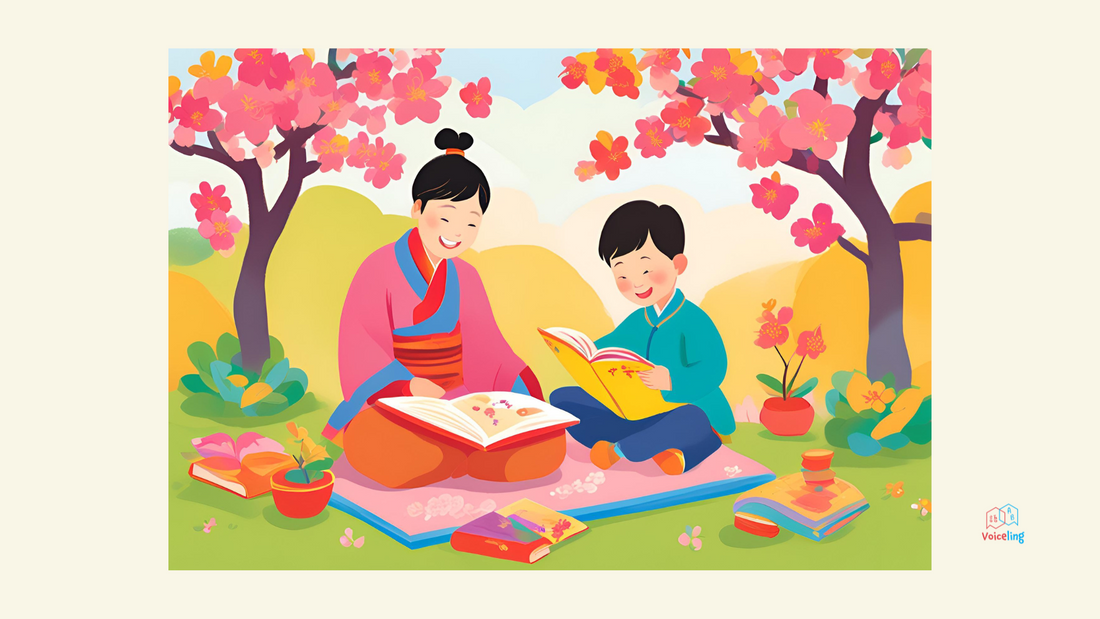
Think You Missed the Boat? Does Starting Young Really Matter
Share
“Start them young or you’ll miss the boat!”
You’ve probably heard this more times than you can count. And honestly, it feels right — perhaps because it fits into how we already think about learning. From the old saying “You can’t teach an old dog new tricks” to hearing over and over that “most brain development happens before age five,” we tend to believe that if you don’t start young, you’ve already lost your chance.
But is that really true?
Why Do Older Kids (or Even Adults) Find It Harder?
I think a big part of it comes down to negative reinforcement.
Learning to speak a new language — like any other skill — takes practice and lots of repetition. You need to hear it a lot, and you need to use it a lot. When you’re a young child, the world around you is naturally set up for learning. No one bats an eye if you get something wrong — it’s expected. In fact, people often find it cute.
But for older kids or adults? Mistakes start to feel embarrassing. And when we feel embarrassed, we stop trying.
That mental block does way more damage than people realise. It slows us down — not our age.
Passive vs Active Learning
Yes, younger children really do soak up language like a sponge. Especially toddlers under two — it’s kind of magical. You don’t need to sit down and explain grammar rules; they somehow just get it, even while doing cartwheels in the kitchen or playing with the remote.
But as kids get older, they learn differently. They still pick things up, but they might need more structure — games, vocabulary practice, or someone explaining grammar points.
And that’s okay.
The biggest factor? Exposure.
No matter what age, the more they hear the language, the better they learn. The method just looks different depending on their age.
But What About Accent?
Okay — this is where younger does have an edge.
If having a native-like accent is important to you, then yes, starting earlier makes a difference. Research shows that younger kids are better at picking up and reproducing unfamiliar sounds. Once your brain matures a bit more, it gets harder to hear the little details in a language that don’t exist in your mother tongue.
It’s a bit like “use it or lose it” — if your brain never needed to use those particular sounds, it starts to let them go.
So, for the perfect accent? Earlier is better. But for everything else? There’s plenty of hope.
The Best Time to Start? Now.
“The best time to plant a tree was 20 years ago. The second-best time is now.”
It’s easy to look back and think, “I should’ve started earlier.” But the truth is, starting now is still incredibly powerful.
Passing on your heritage language isn’t just about words. It gives your child a stronger sense of identity, helps them understand where they come from, and builds an emotional connection to family — especially if relatives don’t speak English. These are deep, personal things that no research paper can fully measure.
